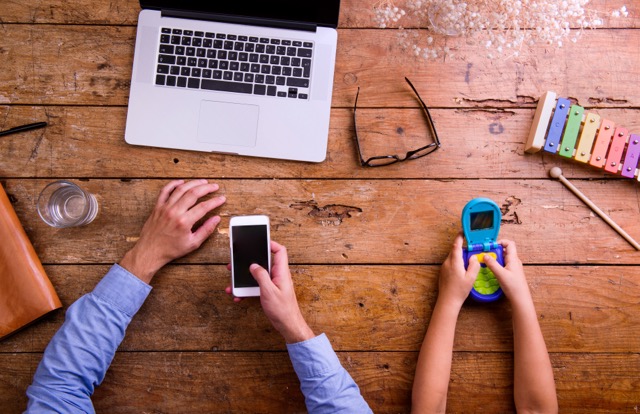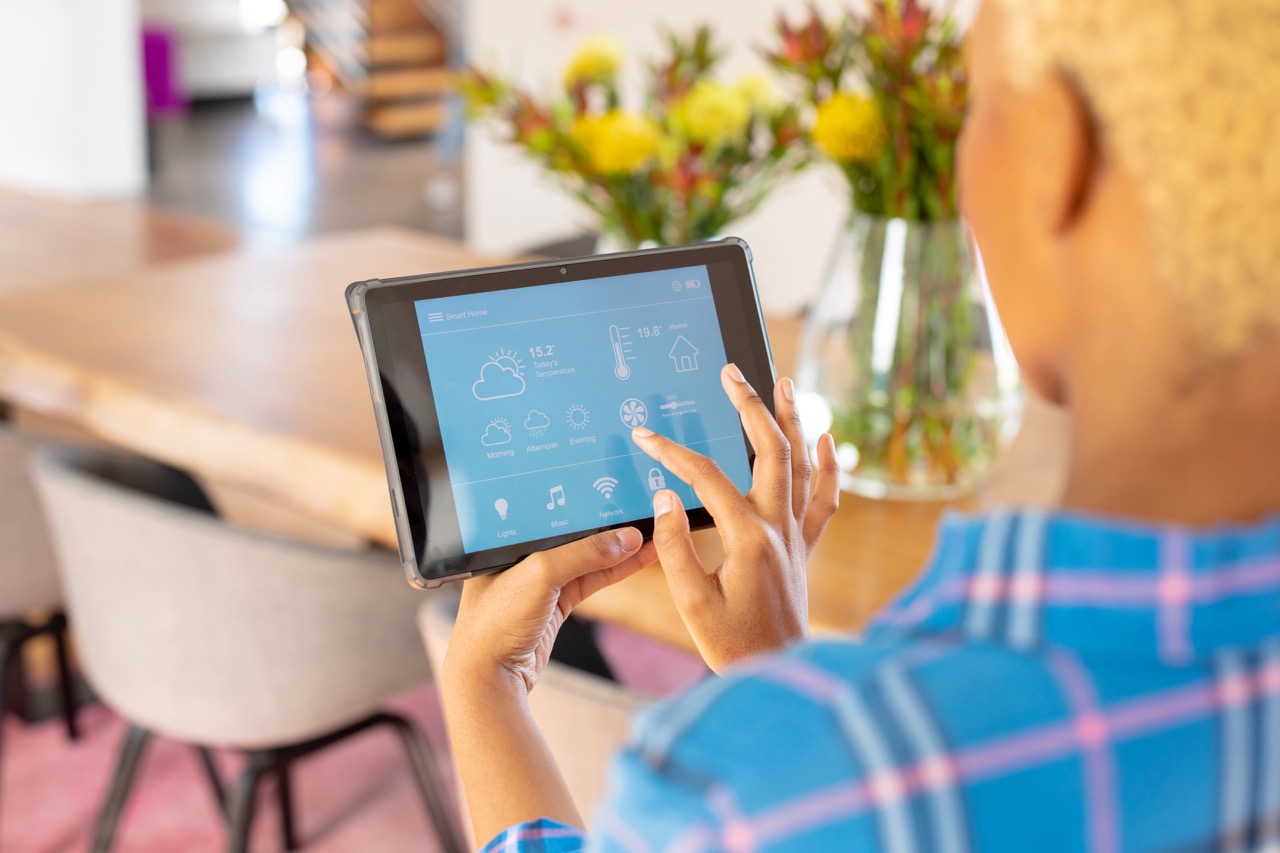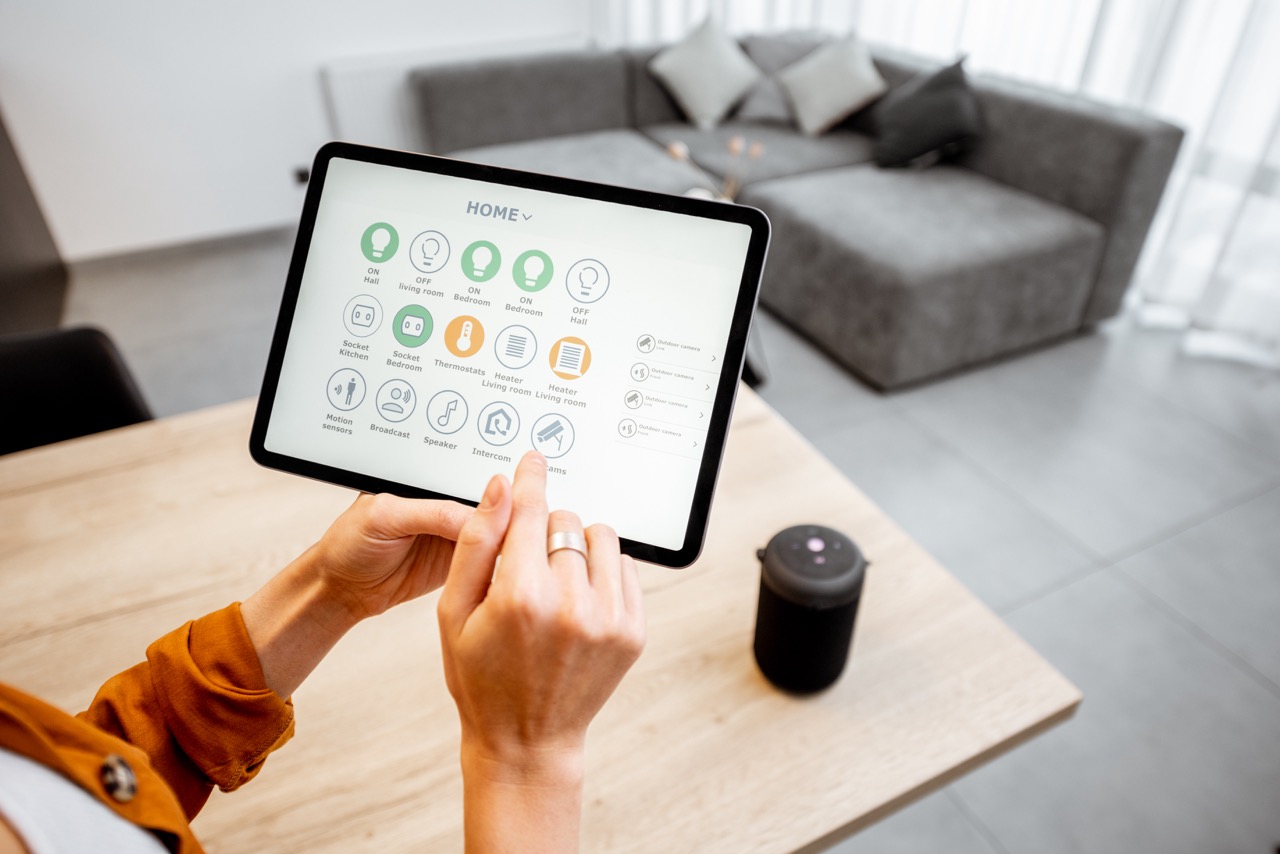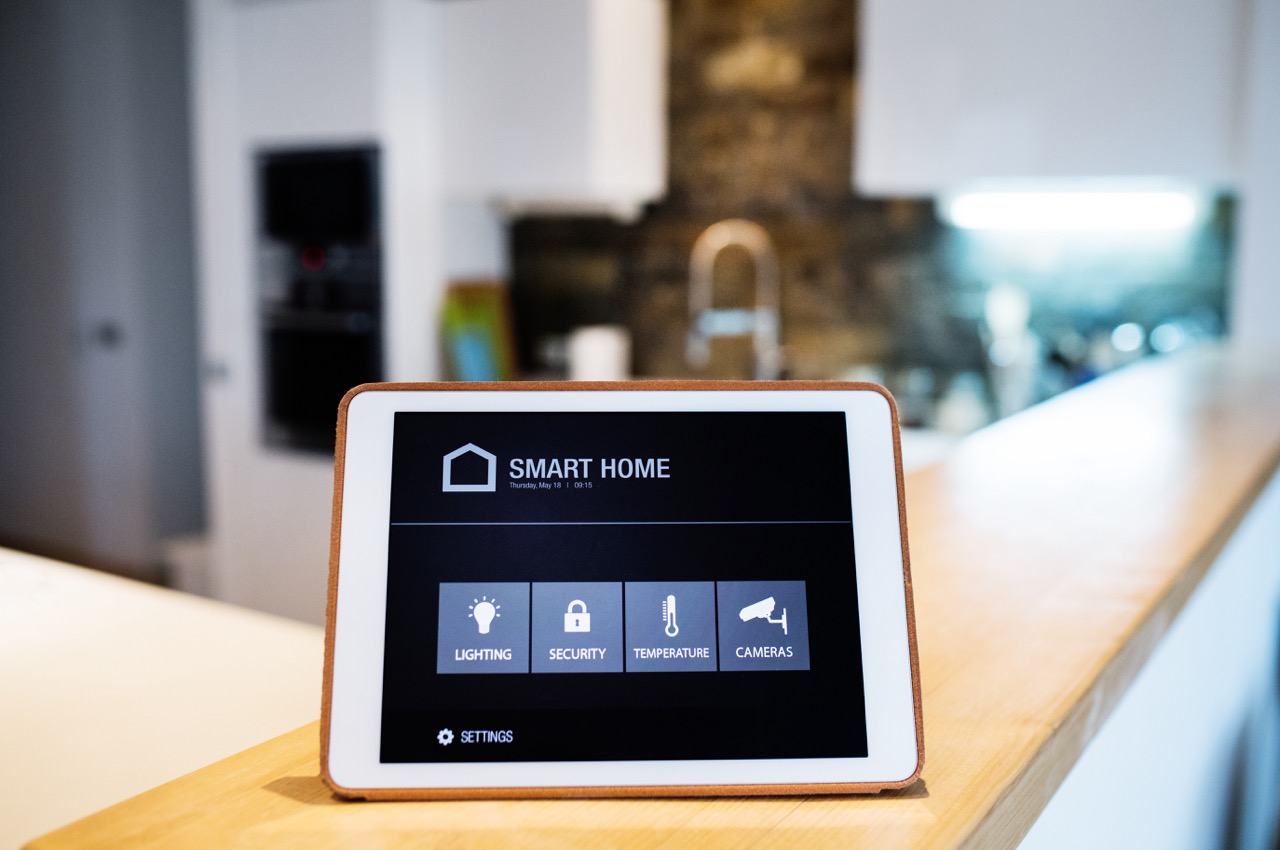In an age where technology infiltrates almost every aspect of our lives, it’s no surprise that devices promising to track and improve our sleep have proliferated in the market. Sleep trackers, ranging from wearable wristbands to under-mattress sensors, claim to offer invaluable insights into our nightly rest. But as with any technological innovation, it begs the question: do these devices truly enhance our sleep, or are they just another tech gimmick? This article delves into the effectiveness of sleep trackers, evaluating their scientific backing, potential benefits, drawbacks, and real user experiences to help you decide whether these devices might be a beneficial addition to your nighttime routine.
Are Sleep Trackers a Solution or a Gimmick?
Sleep tracking devices have surged in popularity, promising to provide detailed insights into our sleep patterns and quality. These devices often measure a variety of metrics such as sleep duration, stages of sleep, and interruptions. The appeal is clear: they offer quantitative data that supposedly helps users optimize their sleep for better health and well-being. However, whether these devices offer genuine solutions or act merely as wellness gimmicks remains a topic of debate. Some experts argue that while these gadgets provide some level of insight, they might oversimplify the complexities of sleep science.
The market is flooded with a range of devices boasting various features, from basic models that monitor movement during sleep to more sophisticated ones that track heart rate variability, breathing patterns, and even room temperature. This diversity can serve different user needs, suggesting a level of legitimacy to the claims made by manufacturers. Yet, the effectiveness of these trackers largely depends on the accuracy of the data collected and the interpretation of this data. Misinterpretations can lead to misguided conclusions about one’s sleep health.
A critical aspect to consider is the psychological impact of using these devices. For some, having detailed data about their sleep can lead to improved sleep hygiene through conscious changes in bedtime routines and habits. For others, it might create anxiety over achieving ‘perfect’ sleep metrics, which can paradoxically lead to poorer sleep quality. This dichotomy shows that while not merely gimmicks, the solution offered by sleep trackers isn’t one-size-fits-all.
Evaluating the Science Behind Sleep Tracking
The science behind sleep tracking technology is based on actigraphy, a method that uses a device typically worn on the wrist that records movement. Actigraphy estimates the user’s sleep and wake patterns based on motion, assuming that a lack of movement corresponds with sleep. While this method is generally reliable for detecting sleep versus wakefulness, its ability to accurately identify different sleep stages (such as REM and deep sleep) is less validated. This raises questions about the accuracy of some of the more detailed claims made by sleep tracker manufacturers.
Advanced sleep trackers incorporate additional biometric sensors to improve accuracy. These include heart rate monitors and oxygen saturation sensors, which can provide insights into sleep quality and identify potential disturbances like sleep apnea. However, the precision of these measurements compared to clinical sleep study equipment, which is the gold standard, often varies. The algorithms that interpret sensor data are proprietary and not always transparent, making it difficult for users and health professionals to fully trust and understand the results.
Despite these limitations, ongoing research and development are enhancing the accuracy and reliability of sleep trackers. Many devices are undergoing clinical trials and validation studies to ensure they meet scientific standards. For users interested in a general overview of their sleep patterns, current generation sleep trackers can be useful. However, for clinical diagnosis or treatment of sleep disorders, they are not yet a substitute for professional medical assessment.
How Sleep Trackers Could Enhance Your Sleep
Sleep trackers can potentially enhance sleep by making users more aware of their sleep habits and patterns. This awareness can lead to better sleep hygiene; for example, by highlighting the impact of caffeine or screen time on sleep quality, users might choose to adopt healthier bedtime routines. Additionally, some devices provide personalized recommendations and coaching based on the data collected, which can further encourage positive changes.
Moreover, the integration of sleep data with other health apps can provide a holistic view of one’s health and how it interplays with sleep. For instance, linking sleep data with fitness and nutrition trackers could help users see the broader impacts of their lifestyle choices on their sleep. This interconnected data approach can be a powerful motivator for maintaining an overall healthier lifestyle, which is beneficial for sleep quality.
Lastly, for those struggling with irregular sleep patterns, like shift workers or new parents, sleep trackers can help identify the best times to sleep and wake up according to one’s biological clock. This can be instrumental in reducing sleep debt and improving overall alertness and performance during waking hours.
Potential Drawbacks of Relying on Technology
Despite their benefits, sleep trackers are not without drawbacks. One major concern is the accuracy of the data collected. Misleading data can lead to incorrect assumptions about sleep quality, which may cause unnecessary stress or incorrect interventions. Furthermore, the obsession over quantifying sleep metrics, often referred to as "orthosomnia," can lead to anxiety and an unhealthy fixation on achieving perfect sleep scores, which ironically can impair sleep quality.
Privacy is another significant issue. Sleep data, like any personal health data, is sensitive. Users must trust companies to handle their data responsibly and securely. There have been instances where personal data was mishandled or sold without explicit consent, raising concerns about privacy and data security.
Additionally, there is a risk of over-reliance on technology for managing health. This might deter individuals from paying attention to their body’s natural signals. Learning to listen to one’s body and responding to its needs without the constant mediation of technology might sometimes offer a more sustainable and attuned approach to managing sleep.
Real User Experiences: Benefits and Downsides
User experiences with sleep trackers vary widely. Many users report positive outcomes, such as improved awareness of their sleep patterns, which spurred changes that led to better sleep quality. For instance, some users realized they were consistently not getting enough sleep and adjusted their schedules accordingly, resulting in higher daytime energy levels and better mood.
However, not all feedback is positive. Some users find the data overwhelming or inaccurate, which can lead to frustration and distrust in the technology. For example, a user might feel well-rested and energetic, yet their tracker reports poor sleep quality. This discrepancy can create doubt and reduce the user’s confidence in the device’s usefulness.
Additionally, some users report becoming overly dependent on their sleep trackers, feeling they can’t sleep without them. This dependency can detract from the natural experience of sleeping and waking, potentially creating a barrier to natural, restful sleep.
Are You Better Off Without a Sleep Tracker?
Ultimately, whether or not you are better off with a sleep tracker depends on your personal needs, your reaction to the data provided, and how you use that information. If you are the type of person who enjoys data and can use the insights provided constructively without anxiety, a sleep tracker might be a useful tool to enhance your sleep. It can empower you with knowledge and motivate you to make beneficial changes.
On the other hand, if you find yourself obsessing over the data or feeling stressed about achieving perfect sleep metrics, it might be better to focus on basic sleep hygiene practices without technological interference. Listening to your body, maintaining a consistent sleep schedule, and creating a bedtime routine that promotes relaxation can be just as effective, if not more so, than any device.
In conclusion, sleep trackers offer a beneficial tool for many, but they are not a panacea for sleep issues. They should be used as one of many tools in a comprehensive approach to better sleep, complemented by professional advice when necessary. Balancing technology with natural, intuitive approaches to sleep may provide the best results.
Sleep tracking devices, like all technology, come with their share of benefits and pitfalls. They provide valuable data that, when used correctly, can significantly enhance sleep quality and overall health. However, it’s crucial to use them with awareness of their limitations and potential psychological impacts. Whether these devices are a boon or a bane largely depends on individual circumstances and responses to the data provided. By carefully considering personal needs and potential outcomes, one can make an informed decision on whether to embrace sleep tracking technology or opt for more traditional methods of improving sleep quality. Ultimately, the goal is the same: a good night’s sleep, achieved in the best way possible for each individual.










